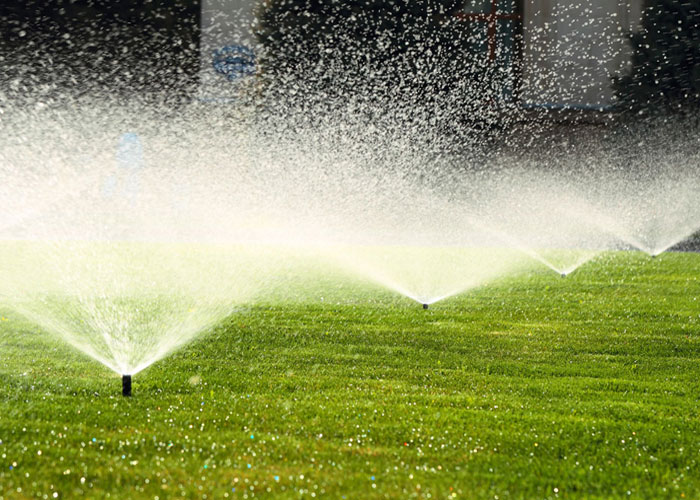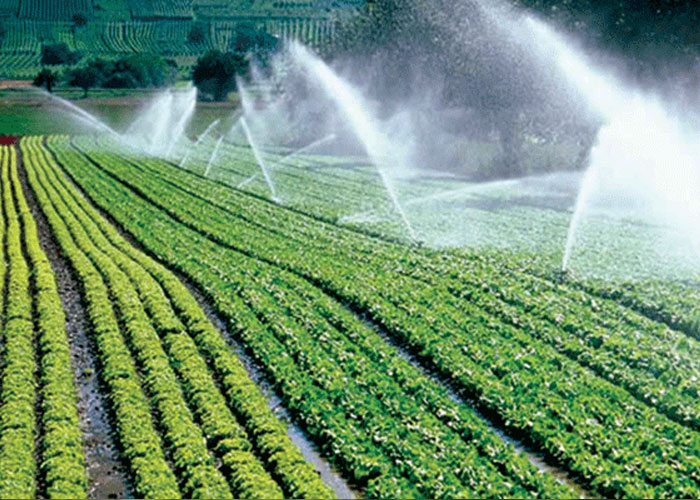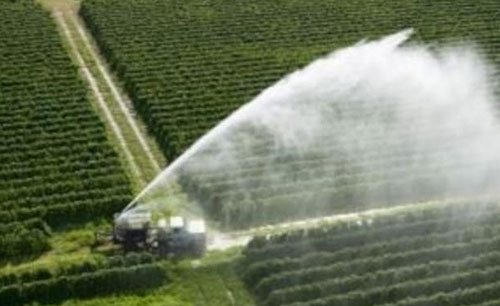Wastewater treatment is the process of reducing the concentration of toxic and harmful chemicals in wastewater. It aims to produce water with acceptable chemical and microbiological quality. In addition to being environmentally friendly, it reduces costs and operational requirements. In developing countries, such low-cost wastewater treatment is desirable. This approach acknowledges the difficulties of operating complex systems in the field. Additionally, low-grade effluent is acceptable by many reuse systems.
Depending on the location of your home, you might have to purchase an STP to handle your sewage. Generally, residential buildings need at least one STP to treat sewage. Many STPs are located underground, making them difficult to maintain. Moreover, you may not be able to inspect them without hiring an expert. It is better to consult a professional if you have any doubts about the process.
Hydroflux Engineering Pvt Ltd
Environmental regulations require that agricultural farms manage wastewater streams environmentally soundly. Hydroflux Engineering Pvt Ltd is a chemical-free process that treats wastewater on a large scale while complying with environmental regulations. The company has a variety of applications for its technology, including agricultural farms.
The company has received several awards for its patented technology. Its subsidiaries include Tribhuvan Water Technologies, a leading provider of water treatment for the global energy services industry. The company also has a license to sell its patented technology to energy companies.

Technology is not new to the industry. According to George Chaps, Director of New Business Development for Ecosphere, the technology has been used for over ten years. A patent protects the company's patented technology and has a long list of applications in agriculture, energy, food and beverage industries, and mining.

Saltworks' suite of technologies treats a broad range of waters
Hydroflux Engineering Pvt Ltd treats a wide range of agricultural waters and wastewater, including those that are difficult to treat with conventional methods. These processes reduce wastewater volume while recovering valuable byproducts from wastewater. These systems are designed to be simple to install and maintain and are supported by Saltworks' ROAM platform, which is safe and secure.
The Hydroflux Engineering Pvt Ltd team prides itself on providing excellent technical knowledge and customer service. It works with each customer to understand their water challenges and objectives, starting with thorough engineering analysis. The company's innovative approach to water treatment has led to repeat orders from major industrial clients and investments from key oil and gas companies, including Teck Resources
Two shipping containers act as a wastewater treatment facility
Two shipping containers have arrived at the Center Street Apartments. One will serve as a wastewater treatment facility, and the other will be used to grow fresh produce. Abigail Cohen, a Ph.D. candidate in environmental engineering at Georgia Tech, oversaw shipping the retrofitted containers to the campus. She said that the new facilities are bringing the team closer to its ultimate goal of treating the wastewater on the site.
Biosolids reduce the need for chemical fertilizer
Using biosolids as an agricultural fertilizer is an excellent way to reduce the amount of chemical fertilizers used on an agricultural farm. Many wastewater treatment facilities are now able to produce high-quality biosolids for agricultural use. These solids are also cost-effective, as most wastewater treatment plants offer biosolids for free or at prices below synthetic fertilizer costs.
While there are many benefits to using biosolids, they are also associated risks. Biosolids that meet stringent metal and pathogen content requirements are considered "Exceptional Quality" or EQ. These biosolids can be applied to farmland as a natural fertilizer and are useful as soil conditioners. However, before releasing biosolids on an agricultural farm, it is important to have a land application permit from the wastewater treatment facility







































Share Post